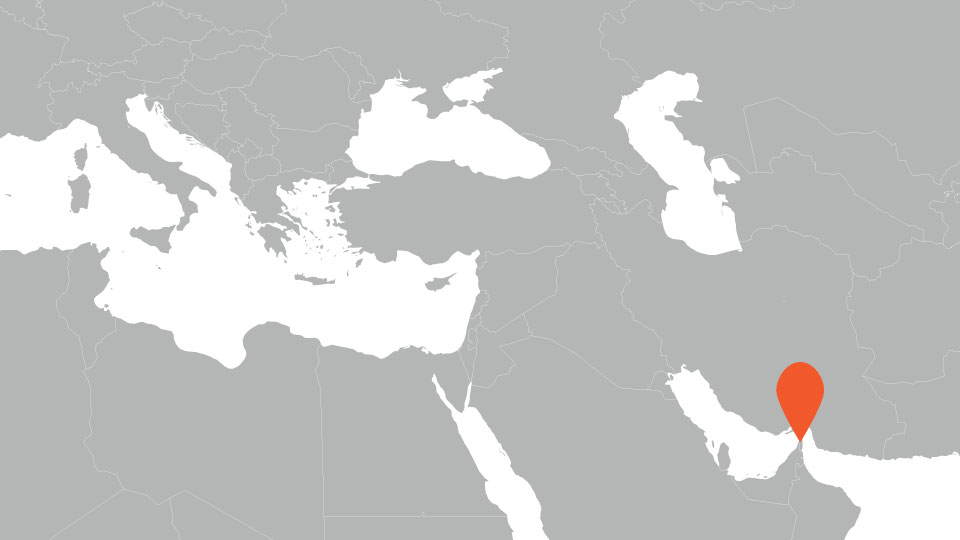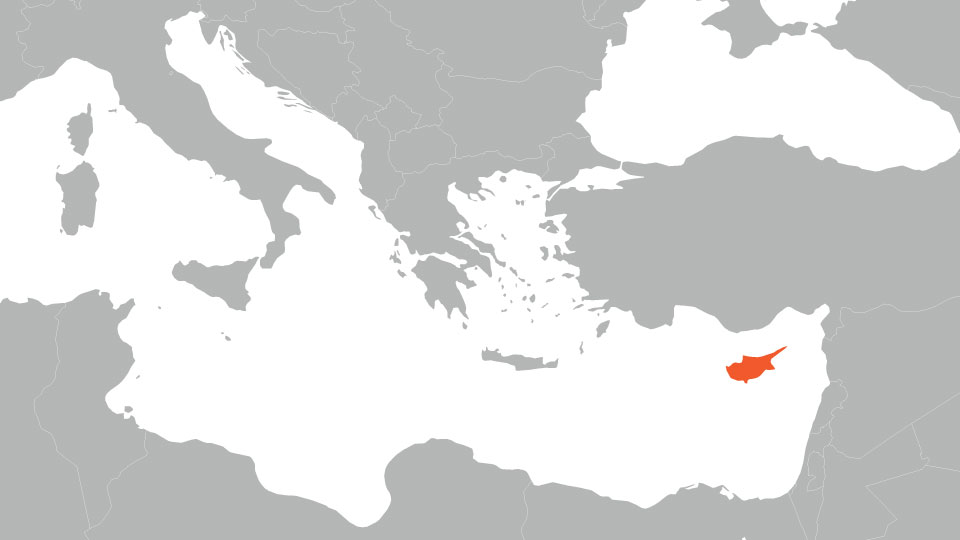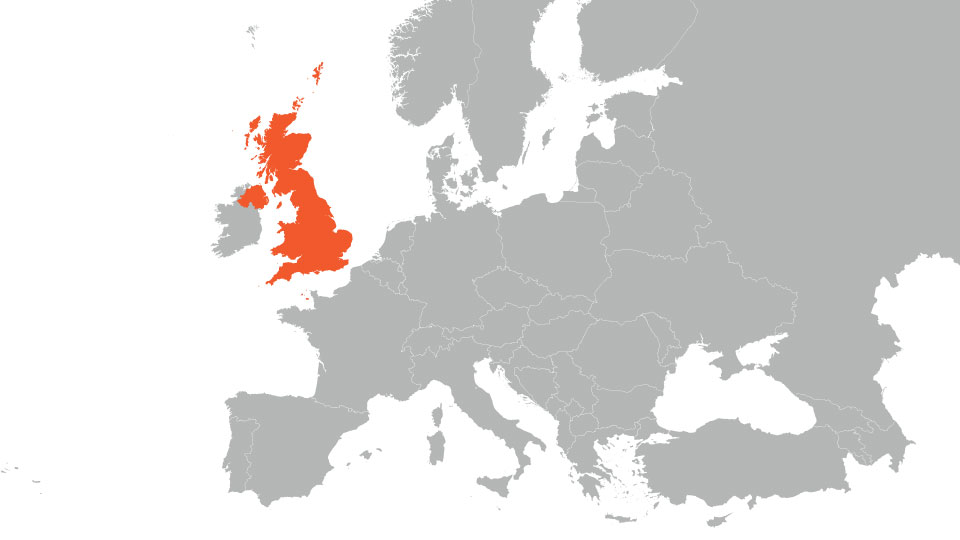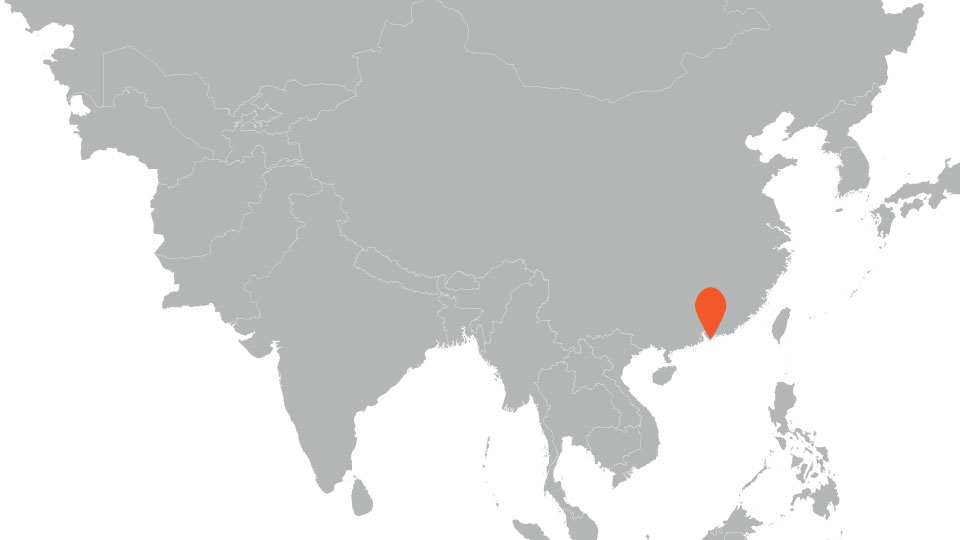Creating a company in Ireland

 Incorporation time: 4 days
Incorporation time: 4 days Shelf companies: Yes
Shelf companies: Yes Accounting: Yes
Accounting: Yes
 Secretary: Yes
Secretary: Yes Nominee Shareholder: Yes
Nominee Shareholder: Yes Nominee director: Yes
Nominee director: Yes
TAX: 13%
The country
Ireland is a European Union country and is officially called Eire. It makes up 26 of the 32 counties of the island, with the rest (Northern Ireland) belonging to the United Kingdom. A country with a very strong Celtic culture, it has a competitive tax system and is considered a tax haven.
An onshore centre
Called the “Celtic Tiger” because of its dynamism, the country has taken many measures to make its economic environment more attractive to foreign investment in particular. A company created on Irish soil is exempt from tax during the first three years of existence. Several grants are also available as loans and subsidies granted by the Industrial Development Authority. Foreign entrepreneurs can choose between four forms of companies:
- The private company with limited liability (PrC)
- the public limited company (PLC)
- the limited partnership
- branch
Useful information
Ireland is an attractive solution, considering its taxation of 13%. However, it is necessary to have at least some local directors who are responsible for keeping the company’s accounts properly and, therefore, the strict keeping of the accounts is imperative.
The different types of companies
Creating a company in Ireland requires a period of 13 days and 4 different procedures.
| Types of companies | Capital | Number of partners |
|---|---|---|
| Limited liability company | One share per shareholder | No minimum, maximum 99 shareholders |
| Public company limited by share | Minimum capital: € 38 092 | at least 7 shareholders, liability limited by capital |
Link: Trade Register
The various tax rates
Corporation tax is 12.5%, a good rate for Europe and set in order to attract foreign investors. Capital gains are also taxed at 12.5%, and it is possible to deduct losses, transactions between subsidiaries, bad costs, financial costs and depreciation costs.
Value added tax (VAT) in Ireland is 21% with special rates for certain products (0% – 4.8% – 9% and 13.5% depending on the goods and services). The Irish income tax has two levels:
| Personal income (EUR€) | Tax rate |
|---|---|
| 0 to 36 400 | 20% |
| 36 401 and + | 41% |
France and Ireland signed an agreement on double taxation in 1968.
Links:
Irish taxation and customs
Double taxation agreement
Accounting essentials
Irish accounting complies with British SSAPS, WHCR and SBA regulations, which are harmonised with the International Financial Reporting Standards. The annual accounts of the company shall contain: a balance sheet, a profit and loss account and appended notes.
An audit conducted by a competent person who is not part of the company must be carried out once a year to verify the accounts and ensure they agree with the annual report.
Links:
Institute of Certified Public Accountants
Chartered Institute of Management Accountants
Chartered Accountants Ireland
Fourth Directive 78/660/EEC on company accounts
The Jurisdiction in detail
Ireland is very focused on the financial sector and real estate is also a predominant area in its economy, a situation that has made the economic crisis of 2008 a real test. After an major recession of 7.6% in 2009, the country has nevertheless managed to return to low growth in 2011 thanks to a relative, though limited, dynamism in exports. The country’s economy is expected to grow by 2.2% in 2013.
As in all developed countries, the tertiary sector is the largest sector in Ireland and drives the majority of national GDP. As mentioned above, finance is a key area in services activity, and Dublin is today an international financial centre. At the same time, the country also has a powerful agricultural sector, strengthened the government through its desire for modernization.
This kind of ambition on the part of the state has also helped Ireland to an efficient and technologically well-equipped industrial sector , with textiles, chemicals and electronics as spearhead sectors. Recently, the country has also seen tourism grow; this has had a positive impact on the economy and is becoming proportionately more influential (5% of GDP).
From an international trade perspective, the country is very focused on trade, which, however, makes it dependent on foreign demand. Its key trading partners are the EU and the United States, and its trade balance is in surplus, following a decline in imports during the crisis, but a maintenance of exports. Chemicals and animal products, as well as computers and livestock, are the largest exports.
The advantages of investing:
- the tax rate is low
- the secondary and tertiary sectors are dynamic and competitive
- young, qualified and available workforce
- the infrastructure is well developed and maintained
Disadvantages:
- increasingly expensive labour
- small market (4 million)
Access to and functioning of the market
Ireland is a member of the WTO, the European Union and the OECD and signatory of the Kyoto Protocol, the Washington Convention, the Basel Convention, the Montreal Protocol and the International Agreement on coffee.
Import regulations are those applied by the European Union, which means that agricultural products are strictly controlled and textiles from China, North Korea, Montenegro, Kosovo, Belarus and Uzbekistan must have specific licenses and are systematically controlled. The customs tariffs are also those of the EU and comply with the International Harmonized System of product classification.
For imports not originating from the European Union, a declaration is required. It is possible to automate this process using a computer for regular and approved importers; this is called the Direct Trader Inputsystem. An Entry Summary Declaration is also necessary following the establishment of the SAFE standards and theImport Control System.
Retail in Ireland is currently undergoing restructuring with the rise of the urban suburbs and commercial dynamism. Discount shops are thus becoming increasingly prevalent, as well as self-service systems. Maritime transport is very important in Ireland, the two major ports being Dublin and Castletownbere, while 90% of surface goods transport occurs by road. However, the country does not have enough motorways and rail freight transport is poorly developed. On the industrial side, the main area is food processing, followed by engineering, IT, chemicals and pharmaceuticals.
Links:
Taxation and Irish customs
Department of Foreign Affairs
Finance Department
Department of Transport
Ministry of Transport
Chamber of Commerce
Employment legislation
In Ireland, the legal duration of the working week is 39 hours a week, with retirement at 65. Employment contracts are generally permanent, and may either be written or oral. The minimum wage is € 8.65, while social contributions paid by the employer are 12% and 4.5% by the employee.
The Irish Congress of Trade Unions is a collective of all the unions in the country and covers approximately 750 000 employees. 33% of employees in the private sector are union members, compared to 95% in the public sector.
Intellectual property
| Type of rights | Text of Act | Validity of protection | Agreements signed |
|---|---|---|---|
| Patents | 1977 Patent legislation | 20 years or 10 years for a short-term patent | - Traité de Coopération en matière de Brevets - Arrangement de Strasbourg sur la classification des brevets |
| Brands | 1994 Trademark Legislation | 10 years,renewable | - Nice Agreement on the International Classification of Goods and Services -The Madrid Agreement concerning the International Registration of Marks |
| Design | Patent model | 5 years, renewable | |
| Reproduction rights | Legislation related to copyright of 2000 | 70 years after the author’s death | - Berne Convention for the Protection of Literary and Artistic Works - Rome Convention for the Protection of Performers - WIPO Performances and Phonograms Treaty - WIPO Copyright Treaty |
| Industrial designs | Draft law on industrial designs of 2000 | 5 years, renewable for up to 15 years |
Links:
Irish labour market
Irish Congress of Trade Unions
Intellectual property
Political data
Irish executive power is held by the President (Michael D.Higgins) and Prime Minister (Enda Kenny). Legislative power is bicameral, with the House of Representatives, elected by universal suffrage, and the Senate. Ireland’s political scene is made up of two major parties, and other more secondary ones:
- Fianna Fáil
- Fine Gael
- Labour, Progressive Democrats, the Greens, Sinn Féin, etc.









